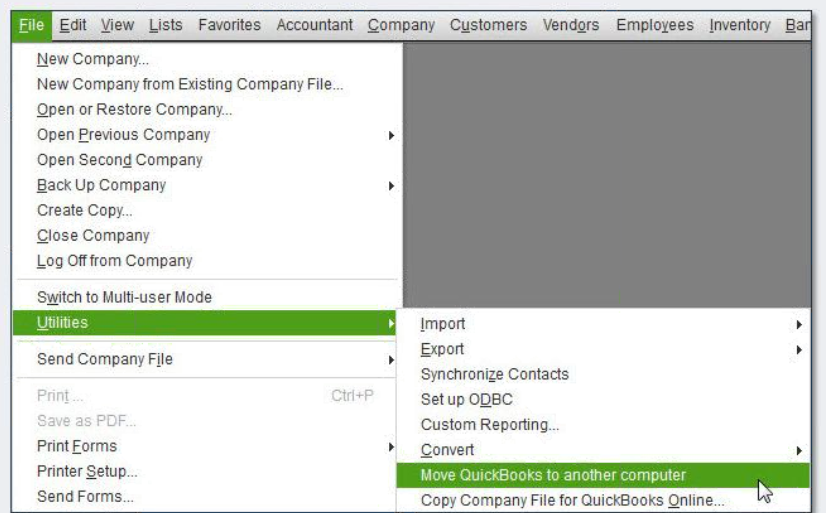by Zipbooks Admin
Which Corporate Structure Is Right for You?

With tax season quickly approaching, now is the time to make a decision about the legal structure of your company. This decision will not only have an impact on how you pay your taxes, but it will also affect the liability you face, your ability to raise money, and the amount of paperwork that will be required. The answer to the question, “Which corporate structure is right for you” is not a one-size-fits-all solution.
Business entities
The type of business entity you choose depends on three things: liability, record keeping, and taxes. In general, there are three types of business entities to choose from:
1. A sole proprietorship
This is the most common and simplest form of business entity. In a sole proprietorship, one person owns owns the business. It is easy to start and the owner has complete control of the company. However, the owner is also personally liable for all financial obligations related to the business.
2. A corporation
This is a legal entity that is created to conduct business. The company is an entity separate from the person who founded the business, and the corporation handles all the responsibilities of the organization. For small business owners, an S-corporation is the best option.
3. A limited liability company (LLC)
An LLC is kind of a hybrid of the previous two. It allows profits and losses to be passed through to owners without taxation of the business, while also protecting owners from personal liability.
Sole Proprietorship
If you intend to own and operate your business independently, a sole proprietorship is the way to go.
The tax aspects of a sole proprietorship are appealing to many small business owners because your personal tax return includes your business income and expenses. You don’t need to add another tax filing to include what you made from your business. If you want to pass through business losses to offset personal income, you can do that as a sole proprietor.
Even though there isn’t an additional filing, there is more paperwork to fill out. You’ll include a Schedule SE with your 1040 filing. Calculate how much self-employment tax you owe on your Schedule SE and include that in the proper line item on your Schedule SE. You will pay both annual self-employment taxes and quarterly tax.
S Corporation
Using a corporate structure is more complicated and expensive than other business structures. A corporation is an independent legal entity and requires compliance with more regulations and tax requirements. However, many small business owners choose to go the S Corporation route because of the liability protection.
An S Corporation has many appealing tax benefits and provides business owners with the liability protection that comes with a corporation. Income and losses are passed through to shareholders and included on the shareholder’s individual tax returns. That means paying just one level of federal tax.
The number of shareholders in an S Corporation can be as high as 75. Having more shareholders makes it possible to have more investors and the ability to attract more capital.
There are some downsides come with an S Corporation, however. They’re subject to many of the same requirements corporations must follow, including higher legal and tax service costs. An S Corporation also has to file articles of incorporation, keep corporate minutes, hold shareholders meetings, and allow shareholders to vote on major corporate decisions.
Limited Liability Companies
Limited Liability Companies (LLCs) have been around since 1977 and are very popular among small business owners. An LLC brings together the best features of a partnership and a corporation. The LLC was created to provide business owners with the liability protection corporations enjoy without worrying about double taxation. An LLC is similar to an S corporation except there are no limits on the number of shareholders an LLC can have. Also, any member or owner of the LLC is allowed to participate fully in the business operation.
To set up an LLC, you need to file articles of organization with the secretary of state in the state where you do business. Some states may also require you to file an operating agreement.
There are also some disadvantages to having an LLC. LLCS are relatively new, so the tax treatment varies by state. If your business operates in several states, you’ll need to determine how to file taxes in each of the states. You’ll want to work with an accountant who is familiar with LLC rules and regulations.
Conclusion
Don’t take the decision of how to structure your business lightly. It’s important for business owners, especially small business owners, to seek advice from other professionals when weighing the pros and cons of corporate structures.
Seek advice from the business experts like the SBA, the Service Corps of Retired Executives, attorneys, or accountants as you approach this all-important decision.





